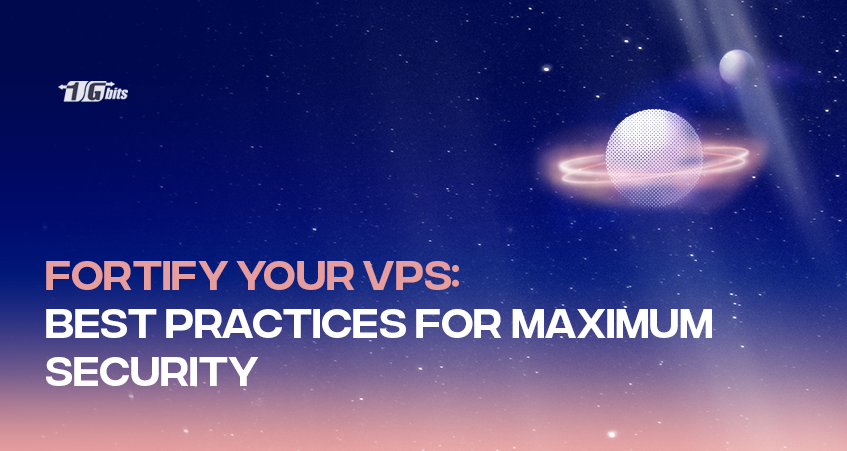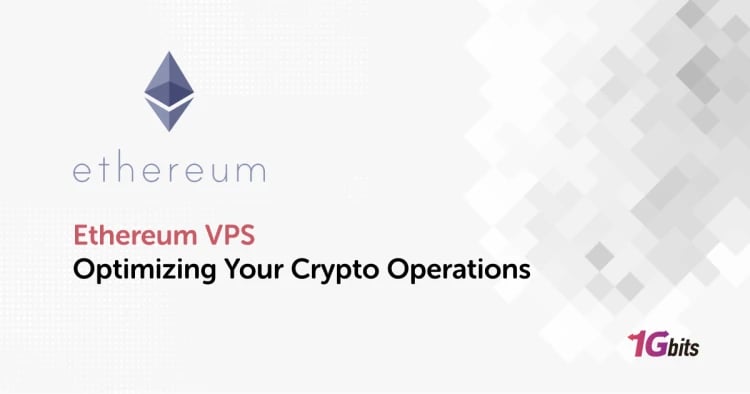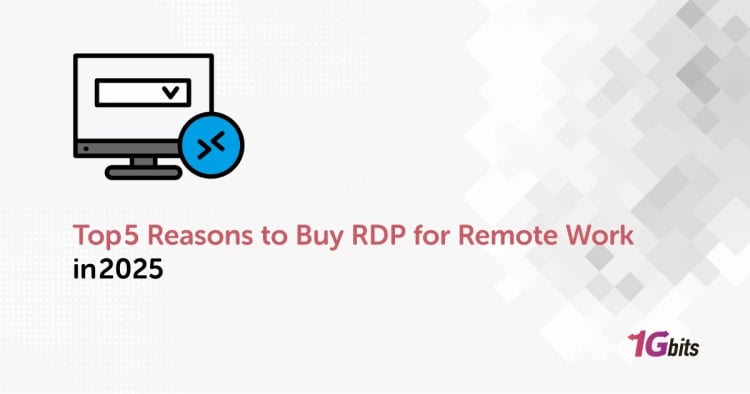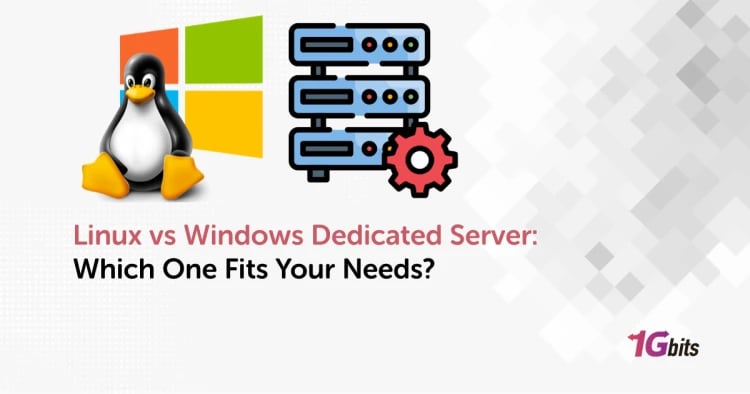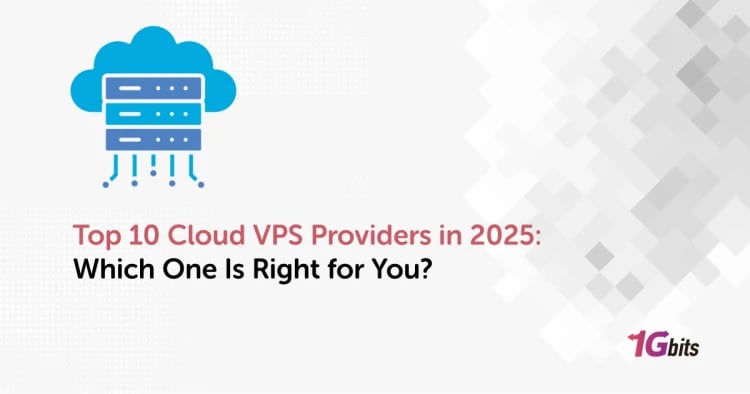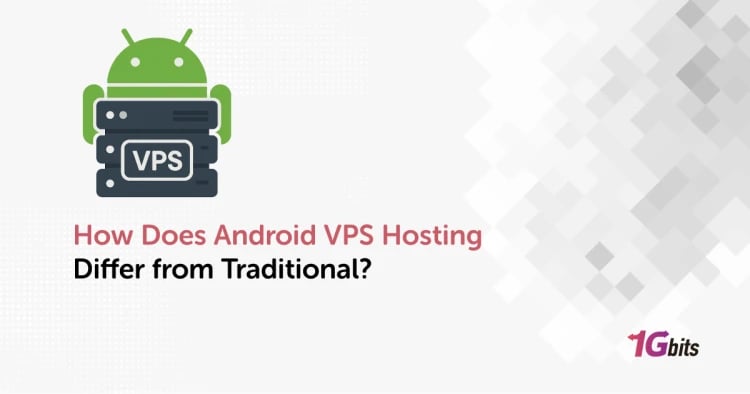Despite its reputation as a secure operating system, Linux has numerous flaws. There are security risks that might harm the data and security of your server.
You can protect your Linux VPS from online risks and attacks by learning how to secure it. However, it is not a one-time operation; in addition to using the best security procedures, you must always monitor your virtual private server.
The process of securing VPS is never-ending. Learning the configurations, procedures, and options required to maintain your server secure is one of the best practices for VPS security.
To maintain your security up to date, you will also find yourself constantly learning new things and updating your software tools and knowledge.
In light of this, we'll use 15 effective ways to secure your VPS and guard against online threats to your virtual server.
For a deeper understanding of virtual private servers, check out our guide on What is VPS Hosting to learn about its features and benefits.
Disable root logins
Every Linux VPS has a root user who, compared to other users, has the most privileges. They could be targeted by online criminals who want full access to the server.
Another degree of security is added by disabling logins using the "root" username because it prevents hackers from just guessing your user credentials.
You must create a different username and use the "sudo" command to run root-level tasks rather than logging in as the root user.
To ensure secure access, follow our guide on logging into your VPS for a step-by-step process on establishing a secure connection.
Keep your server software updated
Your VPS becomes more vulnerable as the software it uses becomes older. Developers typically release regular updates and security patches.
Install the most recent versions of your software as soon as they become available by watching for them.
To secure your VPS, you must also update any panels you use, such as Plesk or cPanel. cPanel uses EasyApache for most package updates; most panels can be configured to update themselves automatically.
Finally, you should deploy security updates as soon as you can. The longer you wait, the more probable a malicious attack will succeed.
Start using SSH keys
You may be the subject of sniffer attacks if you still use a password to access your SSH account. Instead, employ SSH keys to prevent this. SSH keys are essentially a more secure form of authentication than passwords.
These keys, which computers create, can be up to 4096 bits long, making them longer and more complicated than passwords.
There are two sets of SSH keys: public and private. While the latter is saved on the user's computer, the former is saved on the server.
When a login attempt is discovered, the server will produce a random string and encrypt it using a public key. Only the private key that goes with the encrypted communication can decrypt it.
Change the SSH port
People find it difficult to hack SSH when they can't locate it. Malicious scripts can't connect to the default SSH port (22) if the port number is changed.
To secure VPS, open /etc/ssh/sshd_config and change the appropriate setting.
You don't want to cause a conflict; therefore double check to see if any other services utilise the specified port number.
Additionally, if you are a root WebHost Manager (WHM) user and a cPanel administrator, you should deactivate SSH access for cPanel accounts that don't require it.
Setup an internal Firewall (IP Tables)
Because HTTP traffic can originate from any location, it must be filtered to guarantee that only users with a great reputation can access your system. You can prevent DDoS assaults and unwanted traffic by doing this.
Iptables, an internal firewall service, is included with Linux releases. Tables are used by this tool to track traffic to and from your server.
To filter incoming and outgoing data packets, it uses rules called chains. It allows you to modify firewall limits in accordance with your demands.
Use SFTP instead of FTP.
FTP over TLS (FTPS) encrypts credentials, not file transfers, whereas FTP connections do not enable encryption.
Because of this, using both connections could put your data in danger. Sniffing attacks are a simple way for hackers to acquire your login information and snoop on file transfers.
Use SFTP or FTP over SSH as an alternative to avoid it. Due to the complete encryption of all data, including the credentials and files being sent, it is a secure FTP connection.
Furthermore, because the client must first receive server authentication before being allowed access to the system, SFTP safeguards users from man-in-the-middle attacks.
Install an antivirus
A firewall effectively serves as your first line of protection by blocking any known sources of harmful traffic. However, no firewall is foolproof, and hazardous malware can still get past it, necessitating further security measures.
To secure your VPS even more, consider monitoring all the files stored on your VPS in addition to configuring a firewall to filter incoming traffic.
Linux is not inherently immune to malware attacks; thus, your servers could be the subject of a cyberattack that compromises your data.
Antivirus software installation is therefore essential as a security hardening technique.
Set up a VPN
There is a significant potential that someone will overhear your traffic and steal your information if you use a public connection. We advise establishing a VPN to counter security concerns to prevent this.
Your system will use the VPN's IP address, concealing your true location and rerouting your traffic through an encrypted tunnel. As a result, you can browse the internet anonymously because your IP address won't be tracked.
A VPN protects your data and stops hackers from eavesdropping on your traffic. It complements a firewall and helps you with securing VPS.
Users who live in a region with location-based limitations can also benefit from a VPN because it allows them to alter their IP addresses to get around internet censorship.
For detailed steps on setting up a VPN to enhance your server's security and bypass restrictions, check out our guide on how to set up a VPN in a Windows VPS.
Disable IPv6
Enabling IPv6 reveals security flaws and renders your VPS hosting vulnerable to many cyberattacks. We advise completely disabling it if you aren't using it.
Hackers frequently use IPv6 to send malicious data; thus, leaving it open can leave your server vulnerable to several security threats.
Some of your programs might open listening sockets on IPv6 even if you are not actively using it. They will therefore process any packet that comes in, including malicious packets.
To further enhance your VPS security, consider exploring IPv6 VPS, as IPv6 offers unique addressing and security features that can improve network management and resilience.
Monitor the server logs.
You can maintain control of your VPS hosting by monitoring your server logs. These logs can gather comprehensive data about the server's present condition for analysis and reports.
Server logs will show you if the server is subject to cyberattacks or other security risks. The sooner such flaws are remedied, the less chance there will be for data interception by attackers.
Your Linux system has a directory named /var/log which is one of its crucial directories. It keeps track of several log files, including important data about the server's system, kernel, package managers, and numerous applications.
Set up Fail2Ban
Fail2Ban keeps track of system logs and stops hackers after several unsuccessful login attempts.
Additionally, it shields servers from brute force, dictionary, and DDoS attacks. Fail2Ban uses iptables and firewalls to block IP addresses.
You can modify the Fail2ban configuration files to prevent recurrent login attempts for services accessible via the public Internet and secure your VPS even more.
Have a strong password policy
One of the biggest hazards to security has always been and will always be weak passwords. Don't permit empty password fields or the usage of obvious passwords on user accounts.
You can increase security by mandating that all passwords be uppercase and lowercase, that no dictionary words be used, and that digits and symbols be included.
For securing VPS, enable password aging to have users change their outdated passwords regularly, and consider limiting the reuse of old passwords.
Use the "faillog" command to freeze user accounts after numerous failed login attempts and to define a login failure cap to safeguard your system from brute-force assaults.
Use disk partitioning
On PCs and servers, disk partitioning is used to specify areas of a hard drive that can be given a logical space.
Partitioning your disk to separate operating system contents from user files, temporary files, and third-party programs is a smart idea for additional security and securing VPS.
The OS and apps on the root hard disk can then be divided using these partitions. Because the written or created data can be safeguarded from malware affecting the application, keeping the executable applications distinct from your data helps to harden VPS security.
Because your data can be stored in a distinct partition, you can restore and reload software applications or operating systems without impacting it.
Since only the data that must be saved may be included in your backups, this also helps to keep backup sizes manageable.
Prevent anonymous FTP uploads.
While other installations may already have enabled anonymous FTP uploads, cPanel and Plesk disable them by default.
Because it allows anyone to upload anything they want to your web server, allowing anonymous users to upload via FTP poses a serious security risk. It's not advisable, as you might expect; it's similar to handing a thief your keys.
To secure your VPS, edit the FTP configuration settings on your server to stop anonymous uploads.
Take regular backups
Too many people neglect to regularly back up their data, which they later regret when something goes wrong and are left without a copy.
There is always a danger that anything could go wrong, regardless of how cautious you are or how secure your server is.
Failing to take backups risks losing important data; you shouldn't rely on your host to do it, either.
Even while your hosting company claims to perform backups on your behalf, you are advised to perform your own. Consider using the cloud and keeping copies there to access your backup from anywhere.
For added flexibility and protection, consider exploring VPS rental options, testing services with a trial VPS, or selecting a secure VPS location that best suits your privacy and compliance needs.
Conclusion
The world is home to millions of hackers constantly searching for even the smallest security flaws in your VPS. Securing VPS from any danger is a must, since, sooner or later, the hackers will come after you.
For a cost-effective solution that doesn't compromise on quality, explore cheap VPS plans to secure and strengthen your online presence without breaking the bank.
In particular, corporate and e-commerce websites are increasingly popular targets for would-be hackers. Even though most businesses have basic security measures in place, they frequently fail and are readily penetrated.
Since your VPS houses your sensitive data and programs, it is crucial to secure and maintain your VPS securely at all times.
Even while Linux is renowned for its strong security, there are still some flaws you should be aware of. For those interested in VPS options, learning about how to buy a VPS can be a valuable step toward building a secure and scalable setup tailored to your needs.
Ready to take control and secure your online presence?
Knowing how to secure a VPS is crucial, but having the right foundation is just as important. Buy VPS from a reputable provider that prioritizes security and offers the resources you need to thrive.
People also read:
